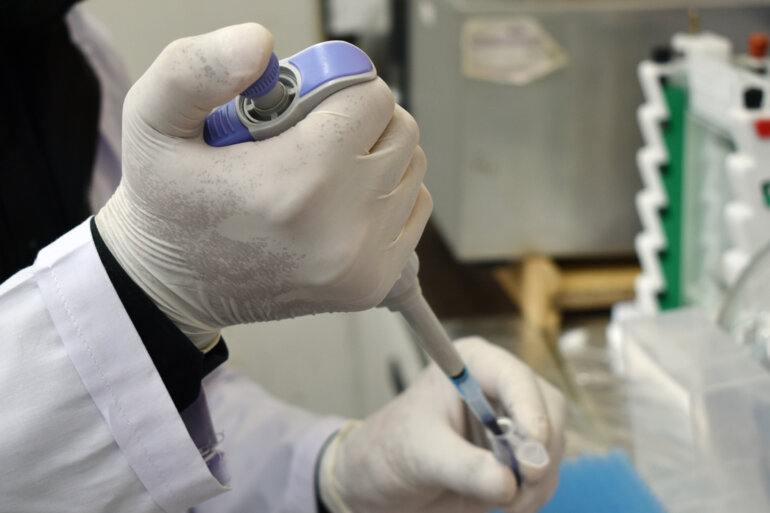In patients with metastatic castration-resistant prostate cancer, early genetic testing may help personalise treatments in the first-line as a study suggests
According to the findings of the CAPTURE study, recently published in Annals of Oncology, men with metastatic castration-resistant prostate cancer (mCRPC) harbouring alterations in BRCA1 and BRCA2 genes derive limited benefit from first-line standard treatments including taxanes and androgen receptor signalling inhibitors compared to those with homologous recombination repair (HRR) mutations other than BRCA1/2 or no HRR mutations (Ann Oncol. 2024 Feb 10:S0923-7534(24)00043-7).
The patient cohort of the multicentre observational study was assembled from four previously completed prospective studies run at the PROCURE Biomarkers Platform - PROREPAIR-B (NCT03075735), PROSENZA (NCT02922218), PROSTAC (NCT02362620) and PROSABI (NCT02787837) - and included a total of 729 mCRPC patients, of whom 96 had BRCA 1/2 mutations, 127 had non-BRCA1/2 HRR mutations and 506 had no HRR mutations. All patients received standard doses of either abiraterone acetate, enzalutamide, docetaxel or cabazitaxel as first-line treatment.
By comparing the treatment patters and clinical outcomes in terms of radiographic progression-free survival (rPFS), progression-free survival 2 (PFS2) and overall survival (OS), the authors observed that once the tumour became resistant to androgen deprivation therapy, patients in the BRCA1/2 subgroup had a worse prognosis than those with different molecular profiles. Median rPFS was shorter in the BRCA1/2 subgroup (7.1 months) compared to that reported in the HRR non-BRCA and the non-HRR subgroups (9.0 months and 10.8 months respectively). Among the mutated tumours, shorter PFS2 and OS were associated with alterations in BRCA 1/2 (12.3 months and 18.4 months) compared to those reported in HRR non-BRCA patients (13.6 months and 21.9 months). Also, exploratory analyses within the mutated subgroups suggested that for BRCA patients there were not significant differences in outcomes associated with first-line treatment choice or with the somatic/germline origin of the alterations, although comparisons did not reach statistical significance.
Prostate cancer is a very heterogeneous disease, and little is known about how molecular patterns impact on response to available treatments. The study results highlight that early identification of BRCA may guide a personalisation of treatment strategies to improve prognosis in metastatic patients. Access to genetic testing is key to allow the implementation of precision medicine in routine clinical practice, however it is still suboptimal in this setting (Future Oncol. 2021 Aug;17(22):2907-2921).






